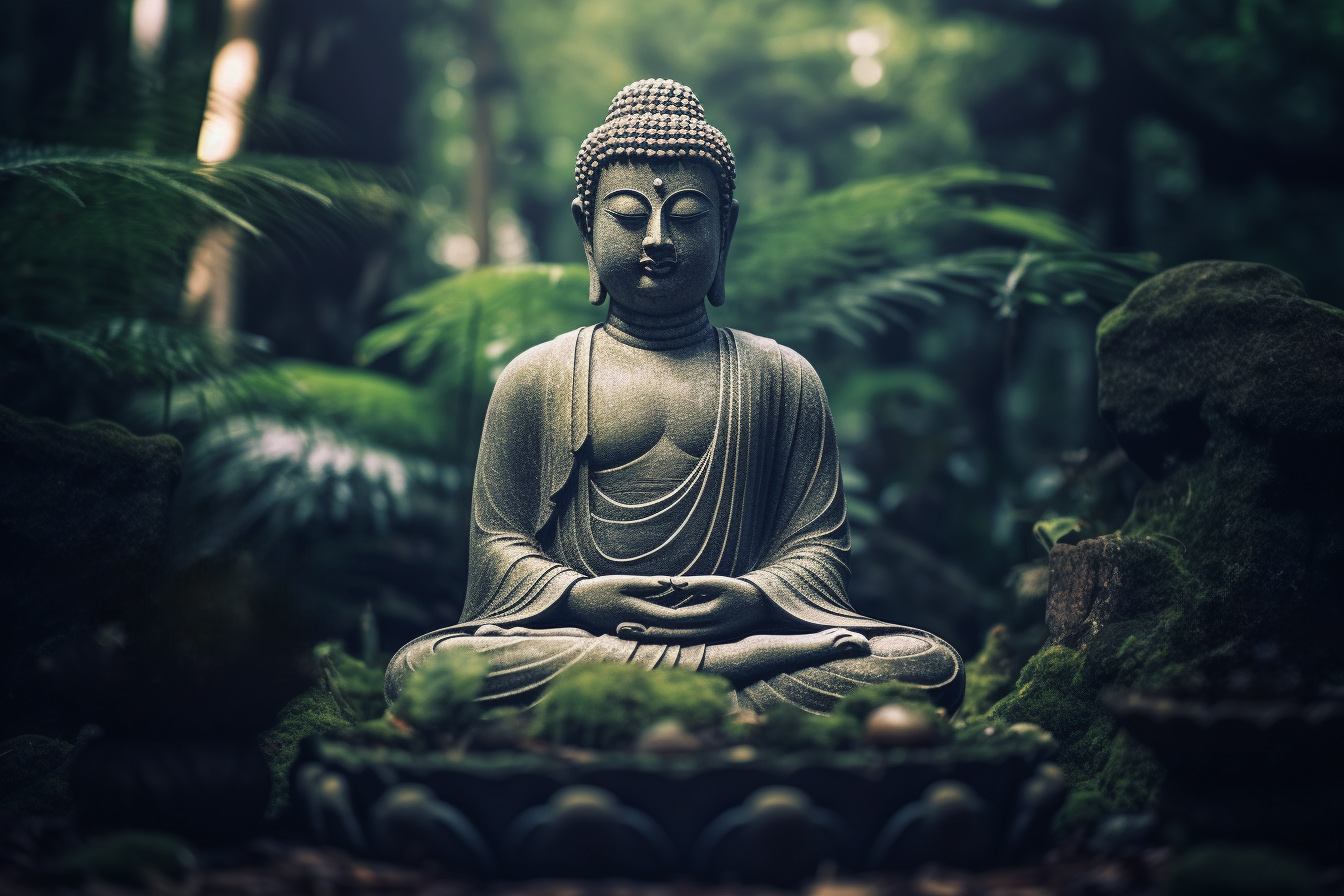In the vast sphere of human wisdom, the teachings of Gautama Buddha, the Enlightened One, born over 2,500 years ago, continue to shine brightly. Buddha’s teachings, brimming with profound insights and timeless truths, have profoundly impacted countless individuals and societies across the globe. In today’s fast-paced, ever-evolving world, the wisdom encapsulated in Buddha’s words remains as relevant and transformative as ever. This blog post explores four such transformative quotes from Buddha, delving deep into their timeless wisdom and unfolding their extraordinary potential to shape and redefine our lives.
“The mind is everything. What you think, you become.” – Buddha
This quote from Buddha is a powerful testament to the unparalleled power of the human mind. Within its elegant simplicity lies a profound truth: our thoughts are not mere fleeting elements of our consciousness but the architects of our reality. What we perceive, how we interpret the world around us, and, ultimately, who we become, are deeply influenced by our thoughts. An outlook brimming with positivity has the potential to guide us toward success, while negative thoughts can create barriers and limit our growth potential.
This philosophy is relevant today, where challenges abound, and change is the only constant. It encourages us to foster an optimistic mindset, which acts as a beacon, guiding us to navigate life’s storms with resilience, tenacity, and hope. Embracing this philosophy can lead to profound transformation. Cultivating positive thoughts through setting clear goals, maintaining an attitude of gratitude, and practicing mindfulness are just a few ways to harness the power of positive thinking. The life stories of numerous successful individuals who surmounted enormous challenges and achieved greatness bear testament to the transformative power of this belief.
“Do not dwell in the past, do not dream of the future, concentrate the mind on the present moment.” – Buddha
Buddha urges us to live fully in the present moment with this insightful advice. Often, we find ourselves trapped in the confines of past regrets or future anxieties, missing out on the beauty and experiences of the present moment. However, Buddha teaches us that true peace and happiness are not found in the past or the future but lie in the present.
Mindfulness, a cornerstone of Buddha’s teachings, allows us to immerse fully in the current moment, thus enriching our experiences and promoting inner peace. Focusing on the here and now prevents the past and future from stealing our current joy. Simple strategies, such as dedicating a few minutes to meditation each day or consciously paying attention to our surroundings, feelings, and emotions, can help us cultivate mindfulness. Individuals who have embraced this principle report increased satisfaction in life, improved mental health, and a deep sense of peace.
“Holding on to anger is like grasping a hot coal with the intent of throwing it at someone else; you are the one who gets burned.” – Buddha
Buddha’s metaphor of the hot coal brilliantly elucidates the destructive nature of anger. It underscores the truth that anger, when harbored, harms the one who clings to it more than anyone else. The metaphor of hot coal is strikingly apt, as unchecked anger can cause immense pain, similar to the physical pain of holding burning coal.
Anger, when held onto, becomes a poison that seeps into our thoughts, actions, and relationships, robbing us of our peace and happiness. Conversely, releasing anger brings profound relief and peace, like dropping hot coal from one’s hand. Practical techniques for managing and releasing anger range from practicing mindful breathing exercises to channeling anger into creative pursuits and physical activities. When we learn to release our anger, we open the door to profound transformation and a newfound sense of peace.
“In the end, only three things matter: how much you loved, how gently you lived, and how gracefully you let go of things not meant for you.” – Buddha
In this heartfelt quote, Buddha identifies love, gentleness, and grace as the virtues of utmost importance in life. The depth and breadth of love extend beyond romantic love and includes self-love, compassion, kindness towards others, and love for life itself. Gentle living signifies a life of empathy, understanding, and consideration for others, our environment, and ourselves. Grace pertains to the elegance with which we accept life’s ups and downs and the ability to let go of situations, people, or things that no longer serve us.
Practicing these virtues can add more meaning and fulfillment to our lives. Embracing love, living gently, and letting go with grace allow us to lead a life of harmony, serenity, and peace. Numerous instances of people embodying these principles abound in history and our surroundings, inspiring admiration, respect, and emulation.
Conclusion
As we navigate the complex journey of life, the wisdom of Buddha, as encapsulated in these four quotes, provides valuable guidance. These teachings highlight the transformative power of positive thinking, the importance of living in the present moment, the necessity of letting go of destructive emotions like anger, and the significance of embodying love, gentleness, and grace. As we strive to understand and incorporate these teachings into our lives, we embark on personal growth, profound transformation, and enduring peace. The wisdom of Buddha thus serves as a timeless guide, illuminating our path as we traverse the landscape of life.
